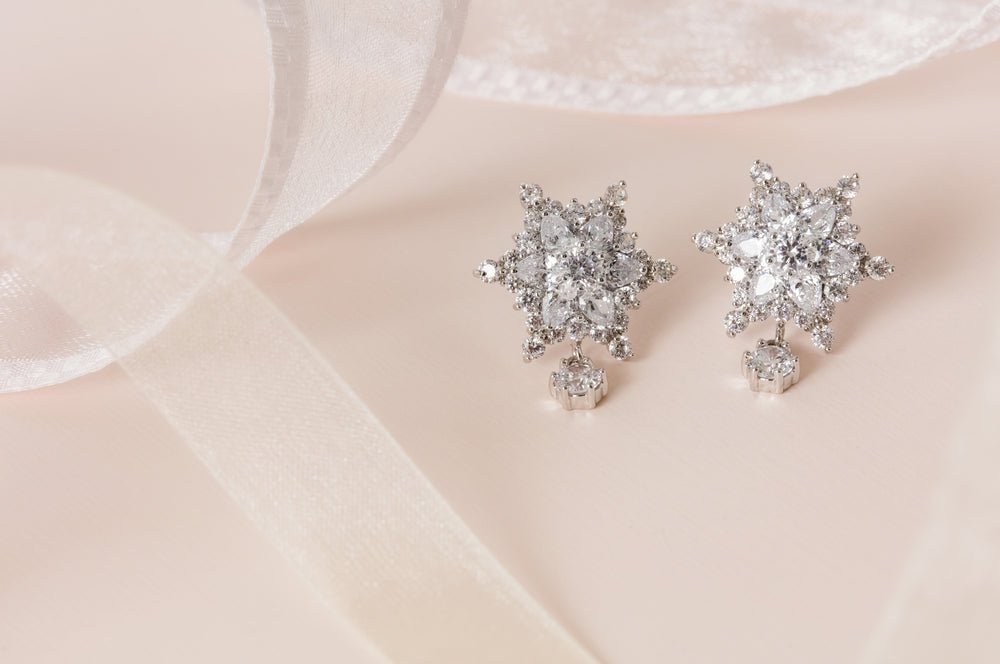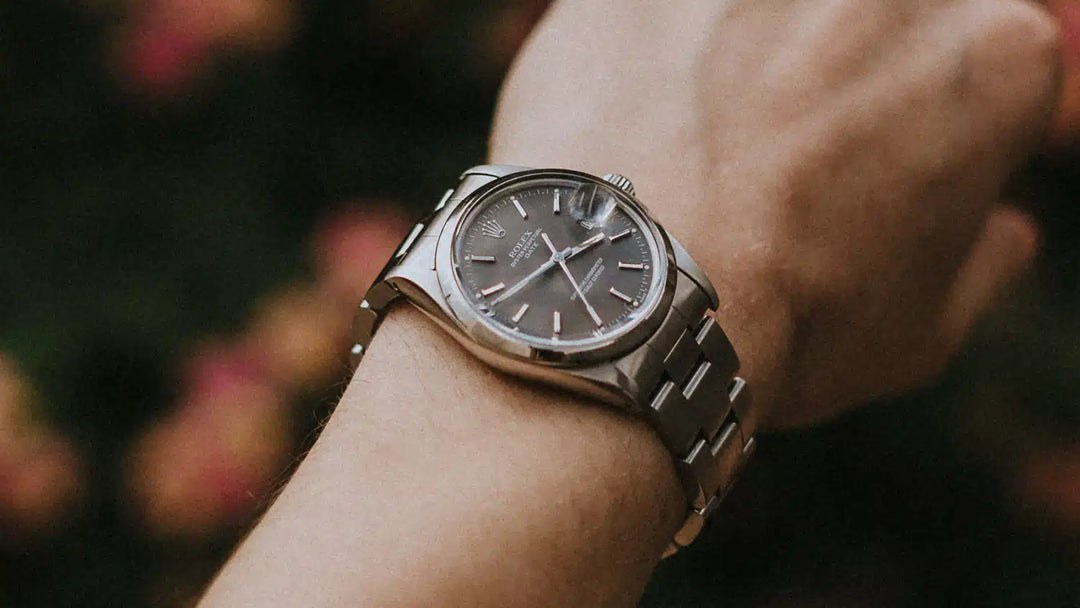As with everything in life, accidents do happen. And when your jewellery is one of your most precious assets and biggest investments, it’s always a good idea to have an insurance policy in place should your most valuable pieces get lost, stolen or damaged.
If you’ve just become engaged or are celebrating a special occasion, the hassle of finding the correct insurance policy can often make it the last thing you want to sort. But whilst it’s easy to forget about jewellery insurance when you’ve only just bought a new piece and you’re keen to show it off to the world, it’s always a good idea to think about getting the coverage you need should anything happen.
First things first: do I need to insure my jewellery?
When it comes to deciding on whether to insure your jewellery or not, there are multiple things to consider. Your first consideration should be the value of the piece itself. The general rule of thumb is to pay £1-2 for every £100 of your jewellery’s value. If you’ve purchased a ring for £2,000 for example, you’d be looking to pay approximately £10-20 every year to keep it covered.
There are also other considerations, such as what your jewellery represents to you. An engagement ring, for example, is more than just a piece of gold or platinum. It comes to represent you and your partner’s love and commitment, and as you’ll be wearing it every day it becomes something that you’d particularly hate to part with.
If your item of jewellery is worth more than £1,500, you should specify it as a separate item on any contents insurance policy, or take out specific cover from a specialist jewellery insurance broker. These companies tend to offer a more comprehensive cover policy than standard homeowner insurance who usually have a personal property limit of about £1,000-1,500 per piece. A jewellery insurance broker may allow you to recreate a lost piece or even repair a damaged one. As damage cover is rarely included in manufacturers’ warranties, this is the best way to avoid being left out of pocket should your jewellery piece happen to get caught on clothing or knocked against furniture.
Another reason for picking a specific jewellery insurer is because of the process when you file a claim. If your jewellery is only insured as part of your home insurance, you’d be more likely to receive a jewellery voucher card to replace your pieces instead of cash, and thus would be limited to a number of high street retailers. If your original piece was bespoke or came from a store that isn’t on the high street, then it’s much harder to replace your jewellery under a basic policy.
Picking the right insurance policy
So you’ve decided to insure your jewellery, but now what? As with every type of insurance cover, not all policies are created equal. You will need to have documentation of the jewellery piece’s value (either a purchase receipt or an appraisal document from an official gemologist), and it’s also important to take out insurance as quickly as possible. Many insurers will still allow you start the process of buying a policy before an appraisal is complete, so get looking for the right policy for you even if you haven’t got the official documentation just yet.
Before taking out insurance, make sure that you gather as much information about the piece itself as possible. Take photographs of its appearance, note down its age and composition and anything worth knowing about the piece and provide all of this to your insurer when taking out your policy.
If your homeowner or renter’s policy doesn’t cover your jewellery or you’ve decided to seek out a separate policy, there are certain questions that you’ll need to ask:
- Does my policy only cover theft? Or will it also cover damage or loss to due to a fire or other disaster?
- Does my policy cover a like-for-like replacement?
- What is the process for filing a claim? Will you receive money, or will they require you to replace your piece with something similar from a particular store?
- Will my policy cover me outside the UK? (This is particularly important if you’re a regular traveller and need cover abroad).
- What is the excess figure? (Excess is the fee you pay in the event of a claim. If your policy seems quite low, this may be because they have a high excess figure. If the excess is close to or exceeds the value of your jewellery, then you’ll need a different policy!)
- How will you be required to prove the loss of the jewellery?
Ultimately, the primary reason behind jewellery insurance is peace of mind. Insurance allows you to enjoy your jewellery with confidence and pride, without the worry of damage or loss. And when your jewellery is your most precious asset, the benefits of taking out a policy far outweigh the costs.
If you have any more questions about insuring your jewellery, get in touch! We can help you find the perfect policy for you.






Leave a comment